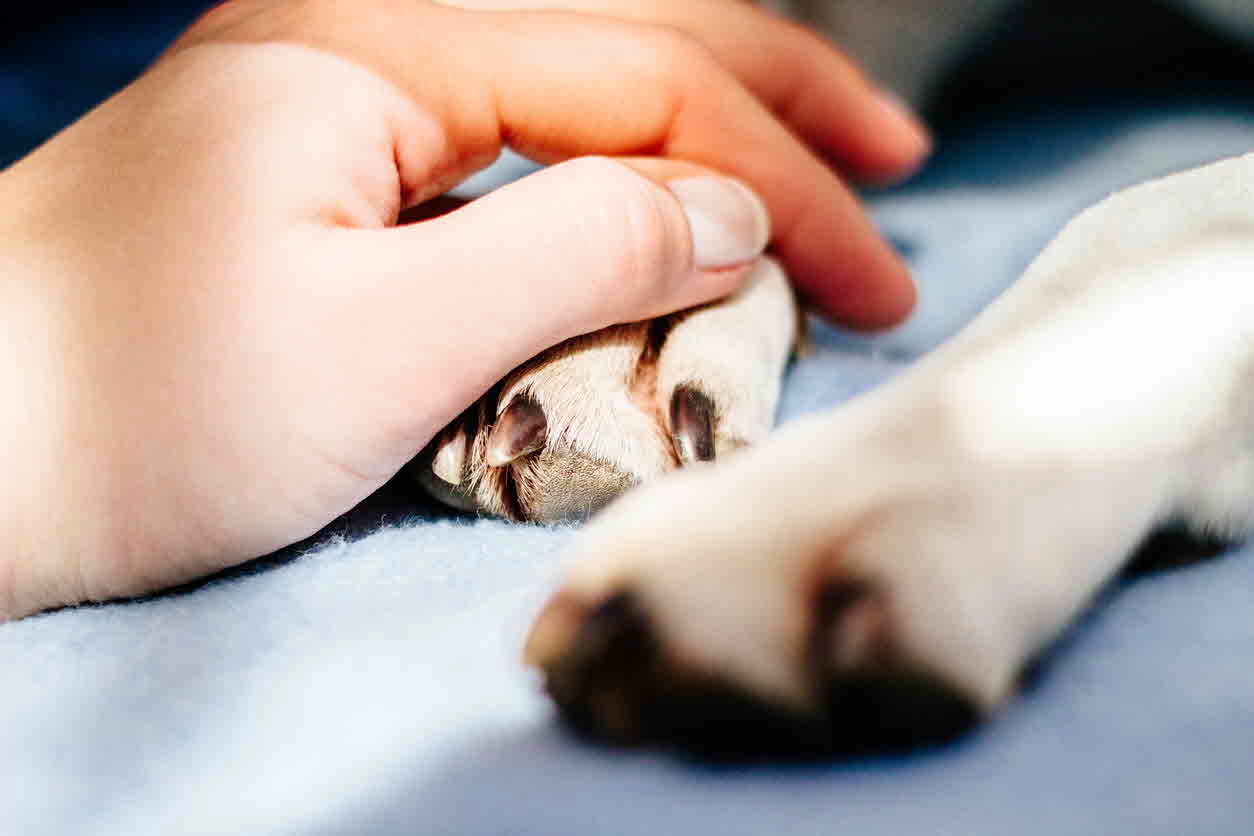What is canine parvovirus?

Parvovirus infection (known as parvo) is a viral illness that causes vomiting, bloody diarrhoea and weight loss in dogs. In puppies aged between six weeks and six months, it can be fatal (the death rate in young non-vaccinated puppies can be greater than 80 percent), although early vaccination has been effective at reducing death rates.
Parvo is also highly infectious. A relatively new disease, it first appeared in 1978. The virus is passed in the faeces of dogs sick with parvovirus. The virus can live in the ground for up to 12 months, which means it can be picked up from most areas that are visited by dogs.
Fortunately, a highly effective vaccination is available to protect your dog against parvovirus. Puppies should receive this vaccine first at 6-8 weeks of age, then at 10-12 weeks and finally at 14-16 weeks. It’s important to note that puppies will not have full immunity against the virus until 2 weeks after the last vaccine.
Talk to your veterinarian about vaccinations for your dogs as they age.
Symptoms of parvovirus
Common signs of parvo-affected puppies include initial tiredness and not wanting to play. The next signs will include vomiting, followed by very foul smelling dysentery or diarrhoea.
Without early veterinary attention, many of these puppies will die. It is vital that you seek veterinary advice early for best outcomes.
The AVA regularly issues media releases to alert the public when there's a spate of parvovirus cases in their area.
